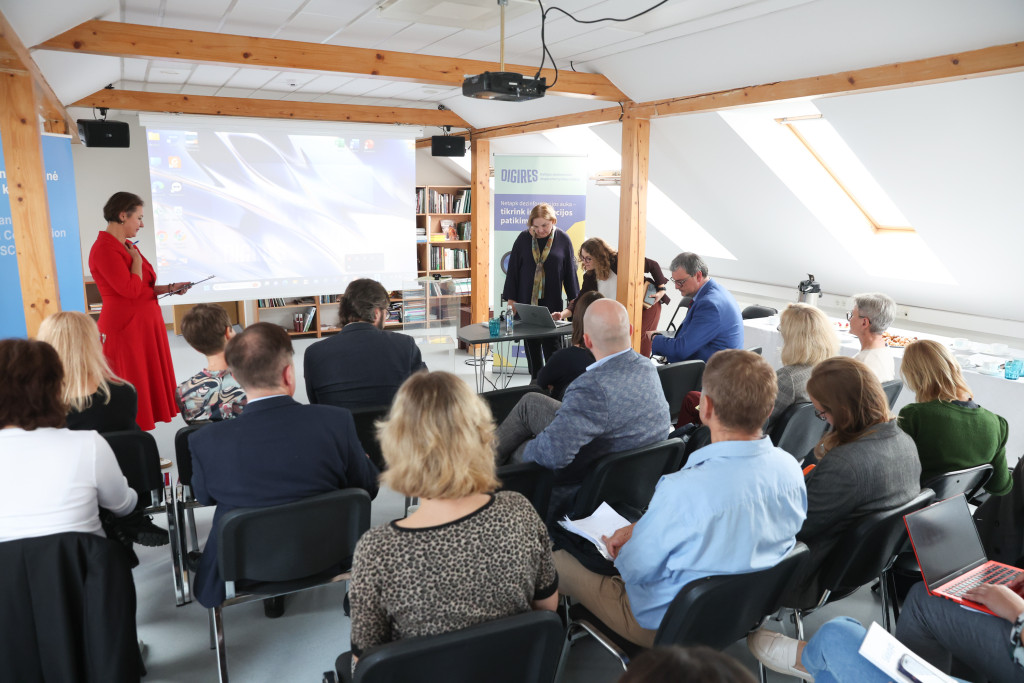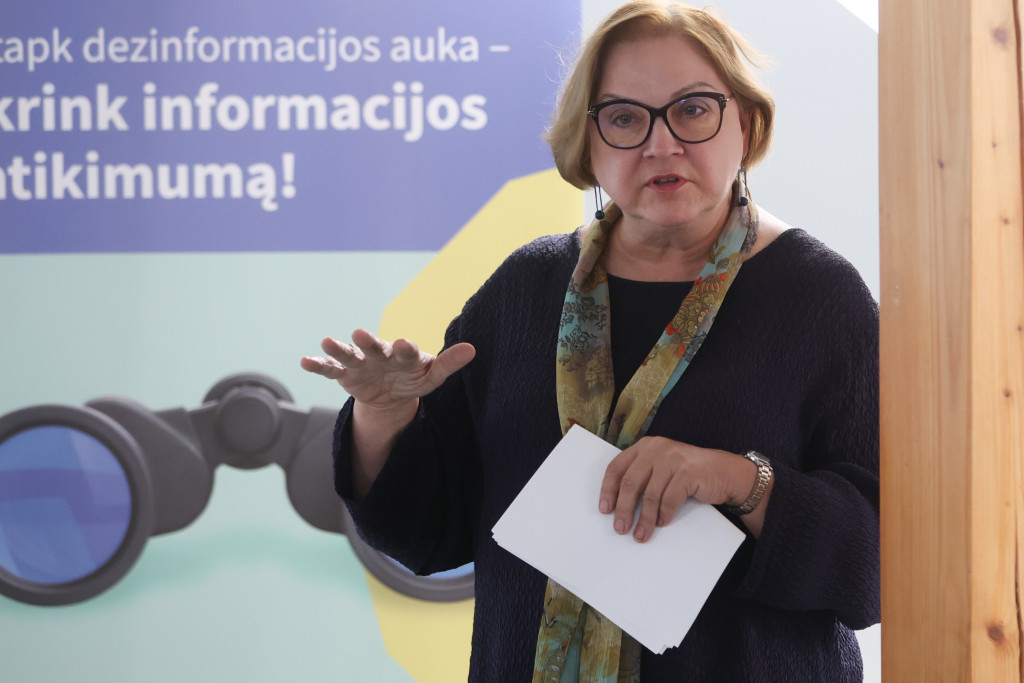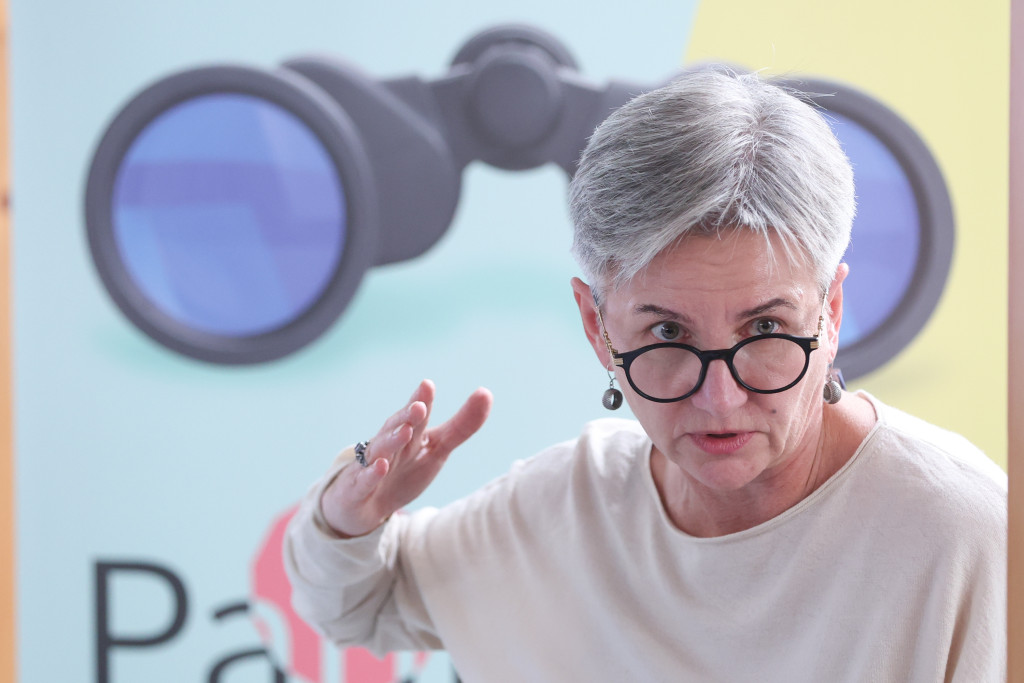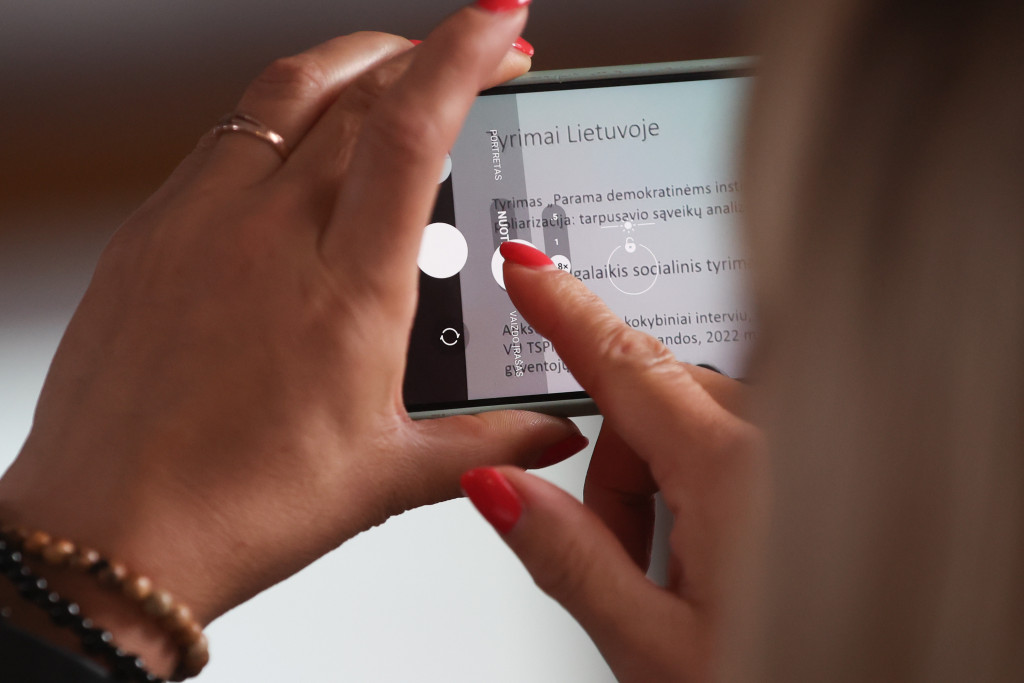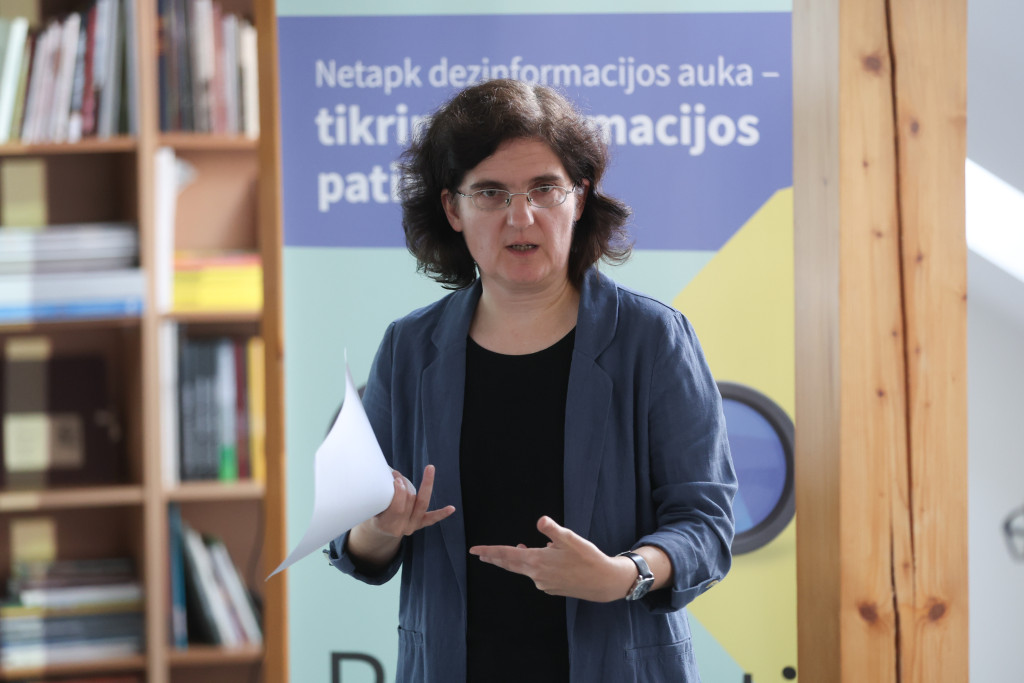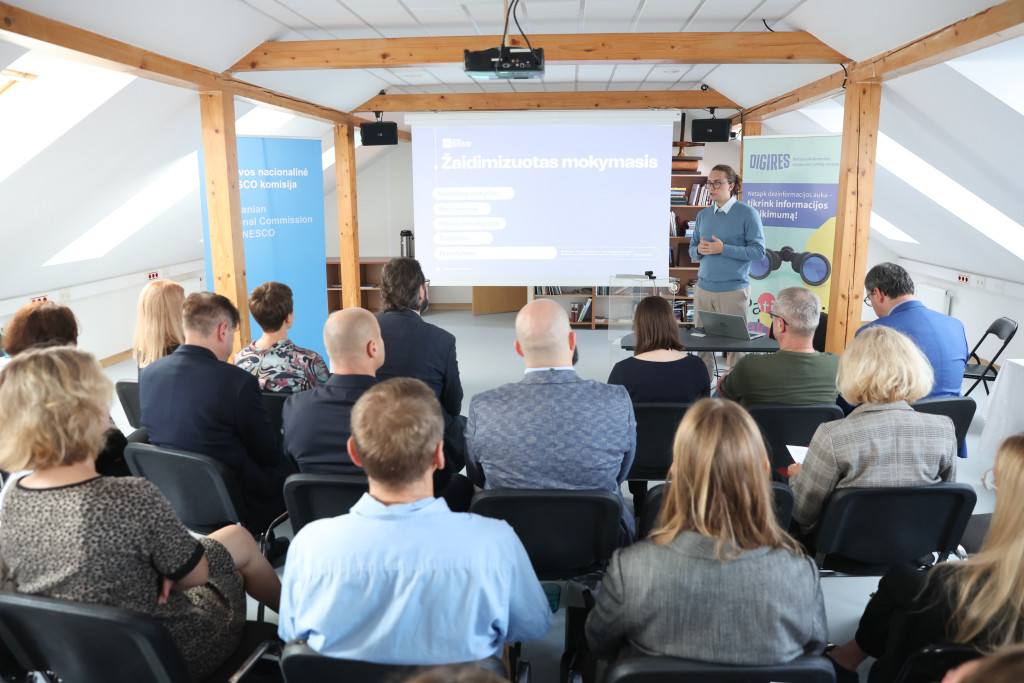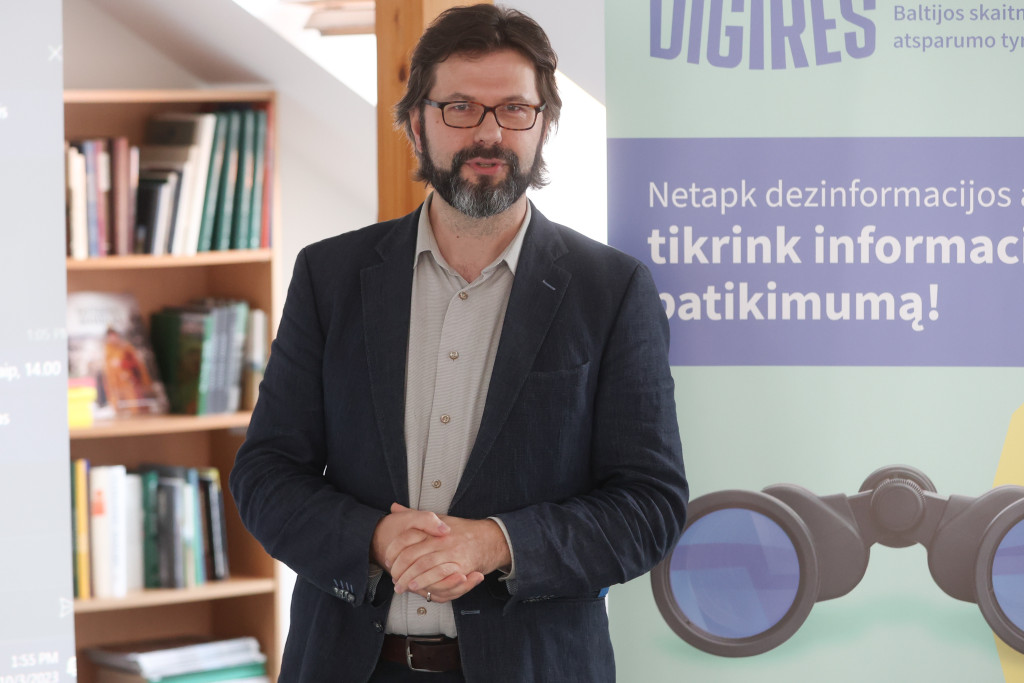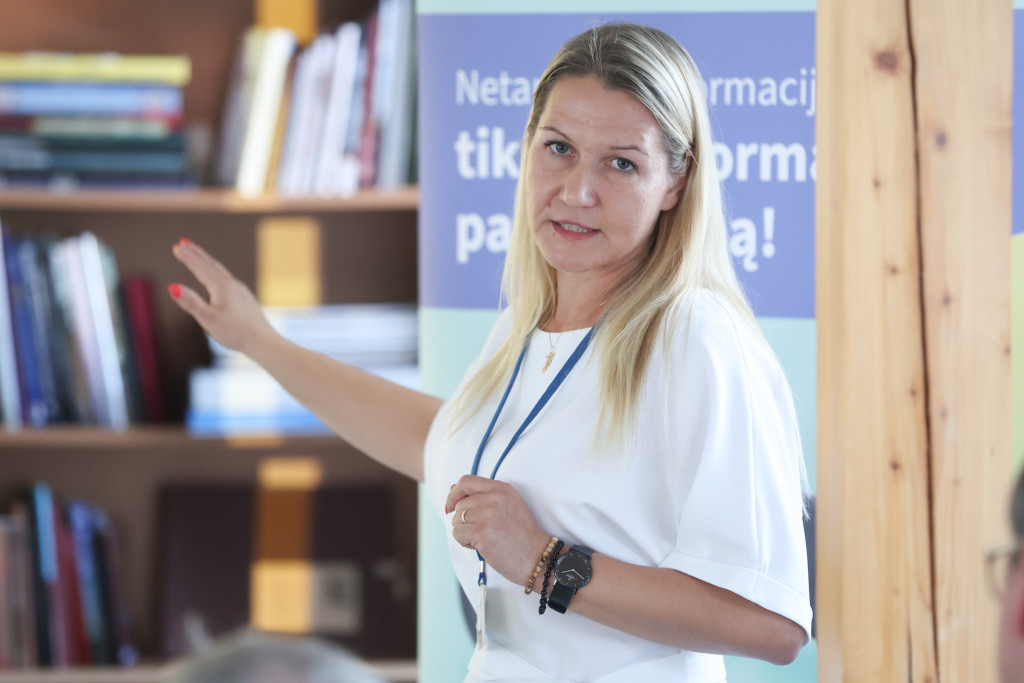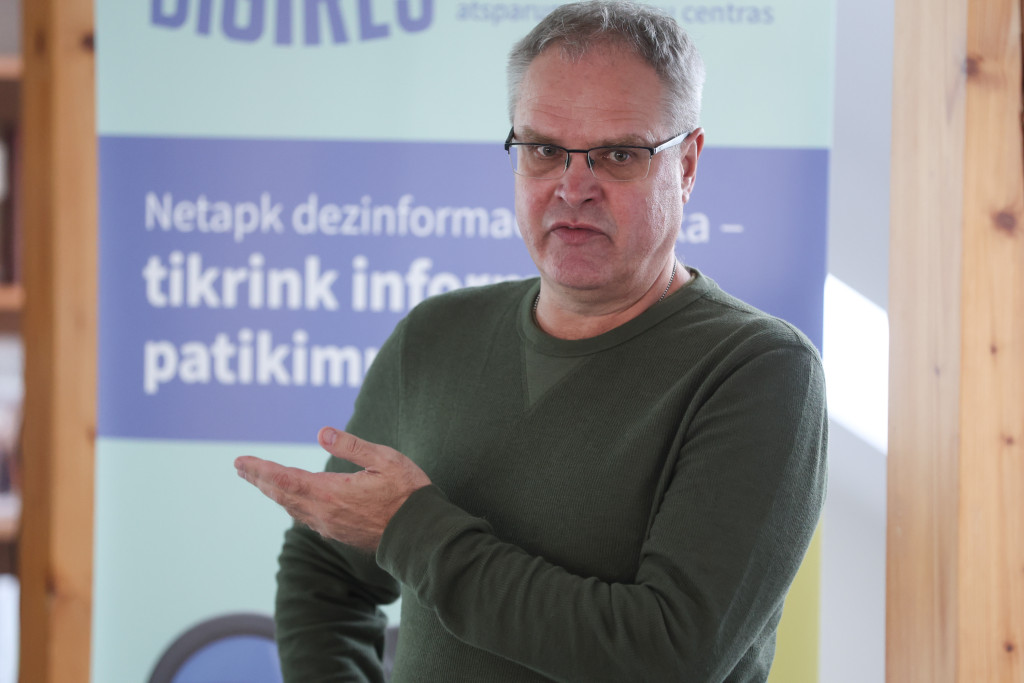 Back
Back
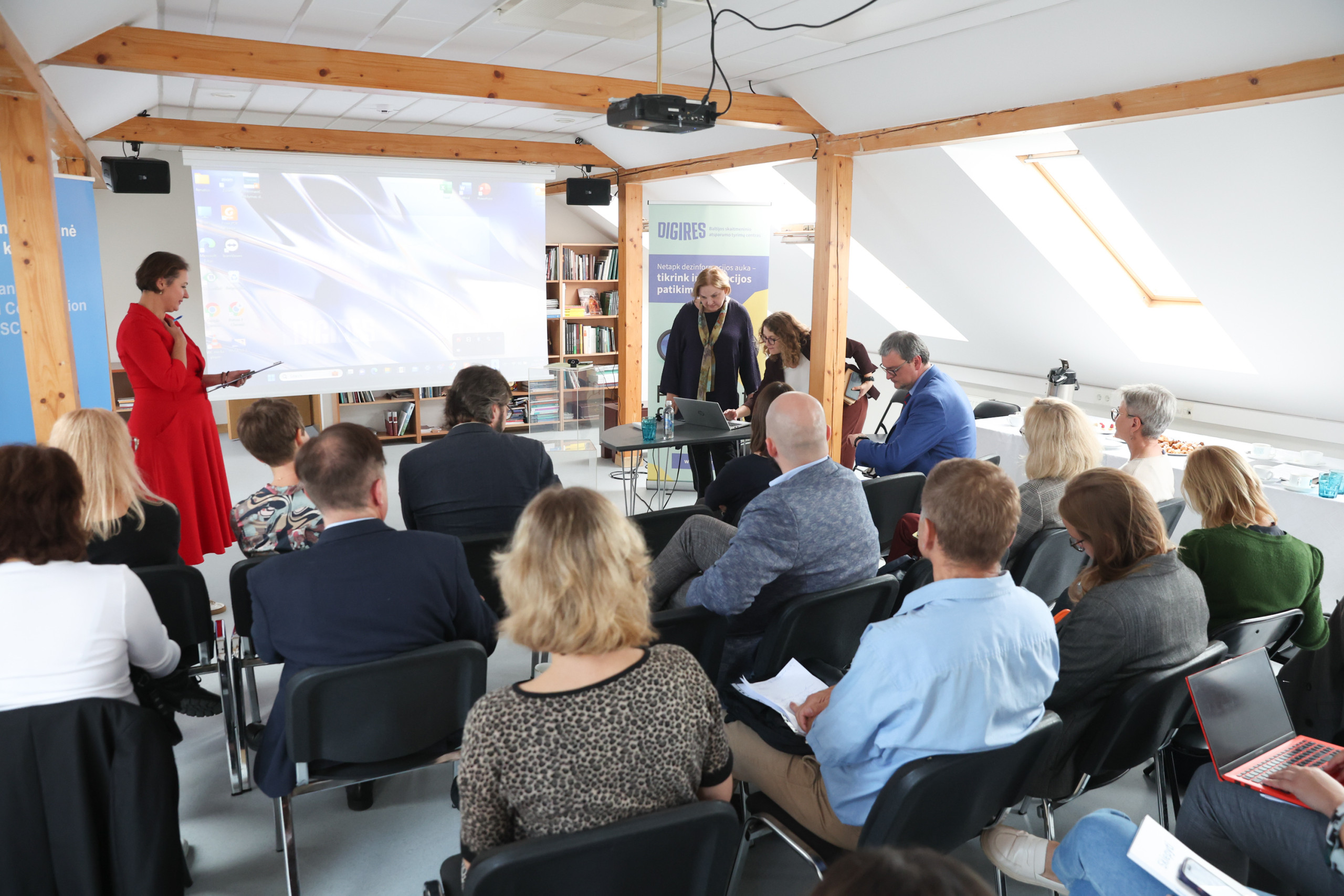
In the extremely dynamic changes of the digital society, it is important to gather expert knowledge, openly search for new solutions and unite in creating a safe and sustainable Lithuanian digital space.
Baltic Research Foundation for Digital Resilience DIGIRES for this purpose invited representatives of Lithuania’s media, politics, NGOs, and libraries in Vilnius on October 3rd. It was the first such large-scale gathering of the digital resilience sector, taking a firm step towards the development of a culture of mobilization.
The meeting of the representatives of digital resilience sector was held in the building of Lithuanian National Commision for UNESCO. In order to find solutions for increasing the society’s resistance to disinformation, extremely important topics of education, culture, national defense, media strengthening and other topics were discussed there.
“Disinformation is a complex phenomenon that does not have a single solution, and digital resilience is not limited to media and information literacy. We come from different fields, but we work for the same goal. However, we cannot cover everything alone – we need to gather expertise, strengths and act on them. And the most important thing is to create a new dialogue. There is no other way”, said Auksė Balčytienė, head of the DIGIRES association and chief researcher, professor of the Department of Public Communication at Vytautas Magnus University.
Miglė Mašanauskienė, General Secretary of the Lithuanian National UNESCO Commission, agreed that the creation of partnerships is necessary for a small country that wants real change.
Researchers, journalists, representatives of the Lithuanian library network, NGO workers, as well as decision makers – politicians gathered together. The state policy was represented at the event by the Ministry of Culture of the Republic of Lithuania, there were representatives of the Ministry of Education, Science and Sport, and Ministry of National Defense.
From the beginning, the idea of the DIGIRES SĄJŪDIS initiative was supported by the Media and Information Literacy Network, Civil Resistance Initiative: CRI, Lithuanian County Libraries Association, whose representatives not only participated in the event, but also shared information about the ongoing activities.
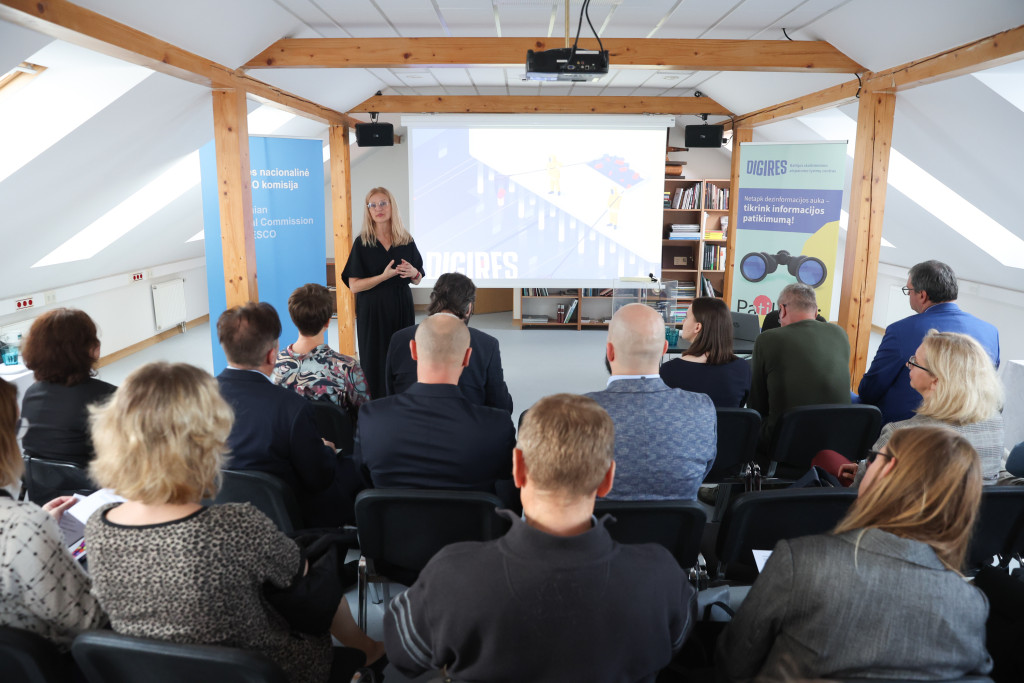
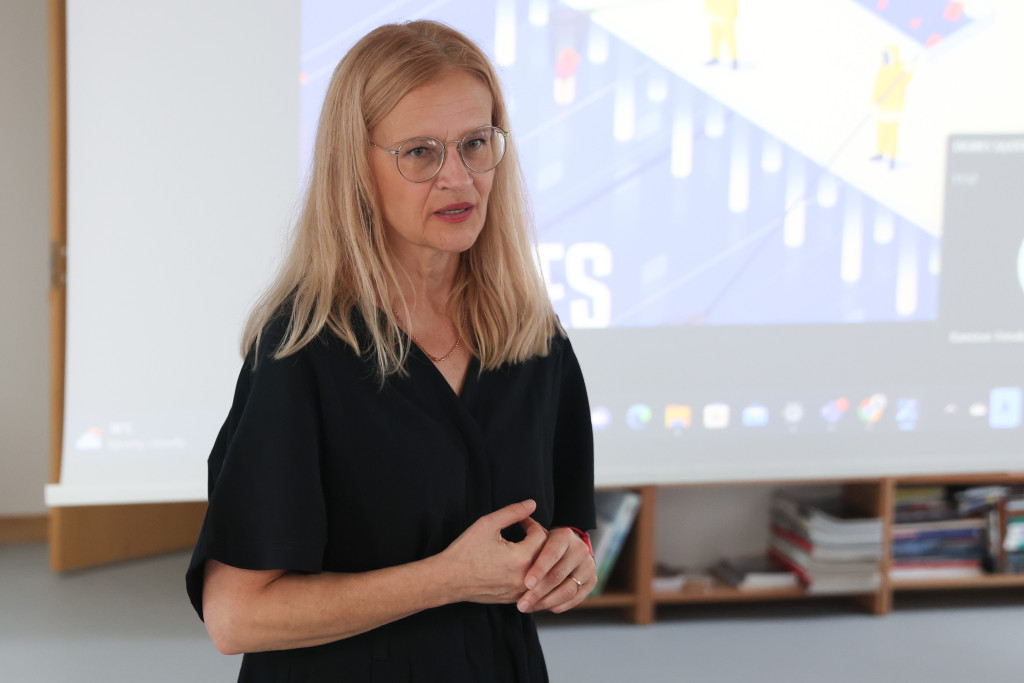
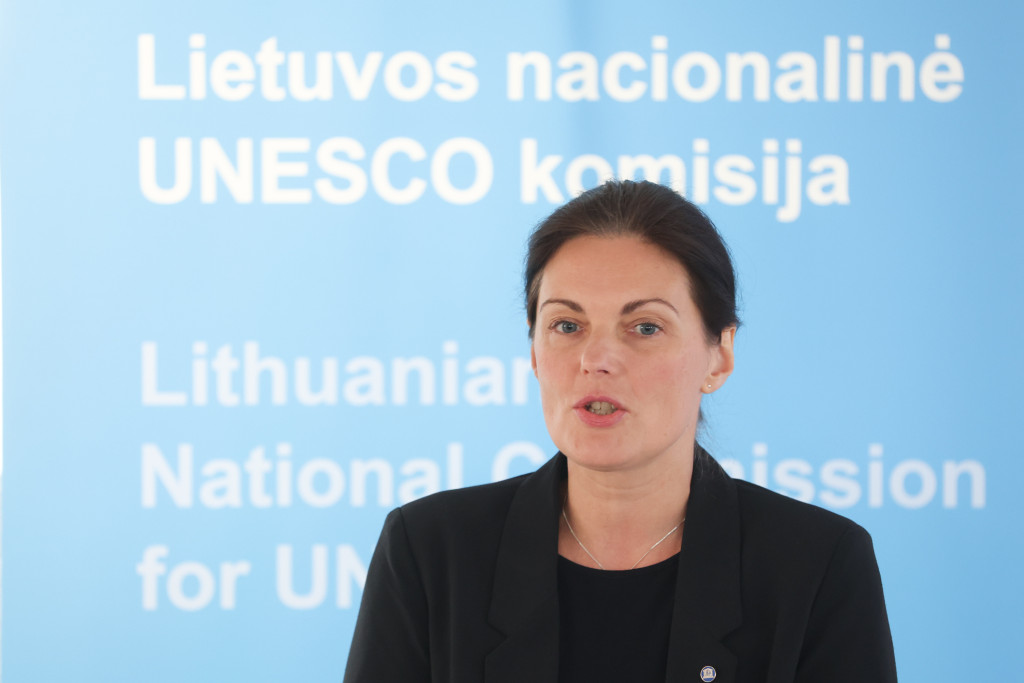
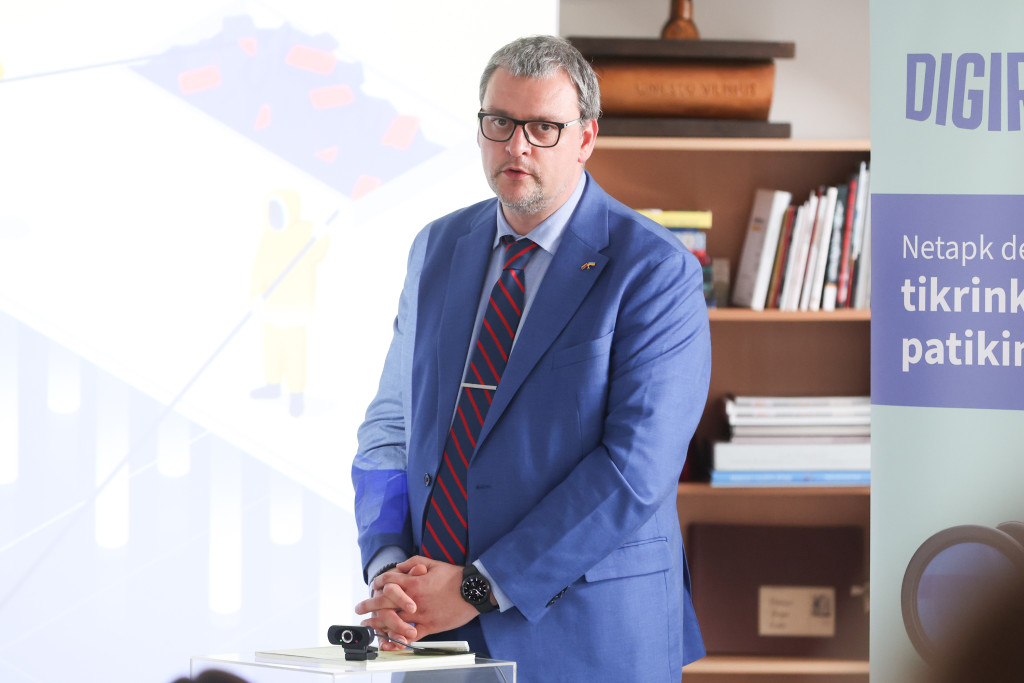
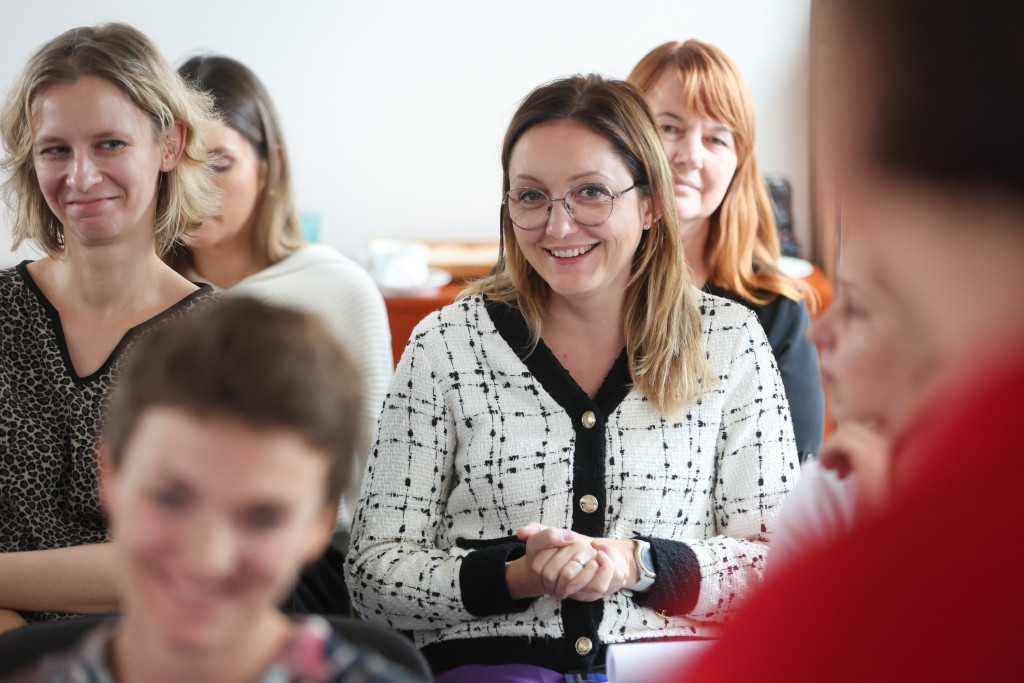
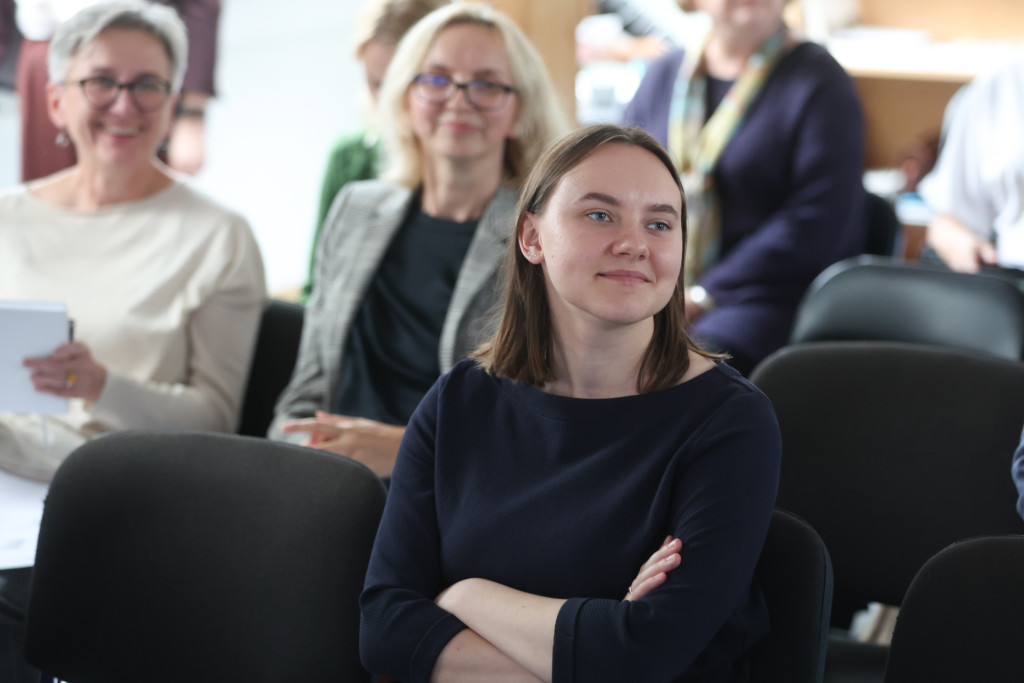
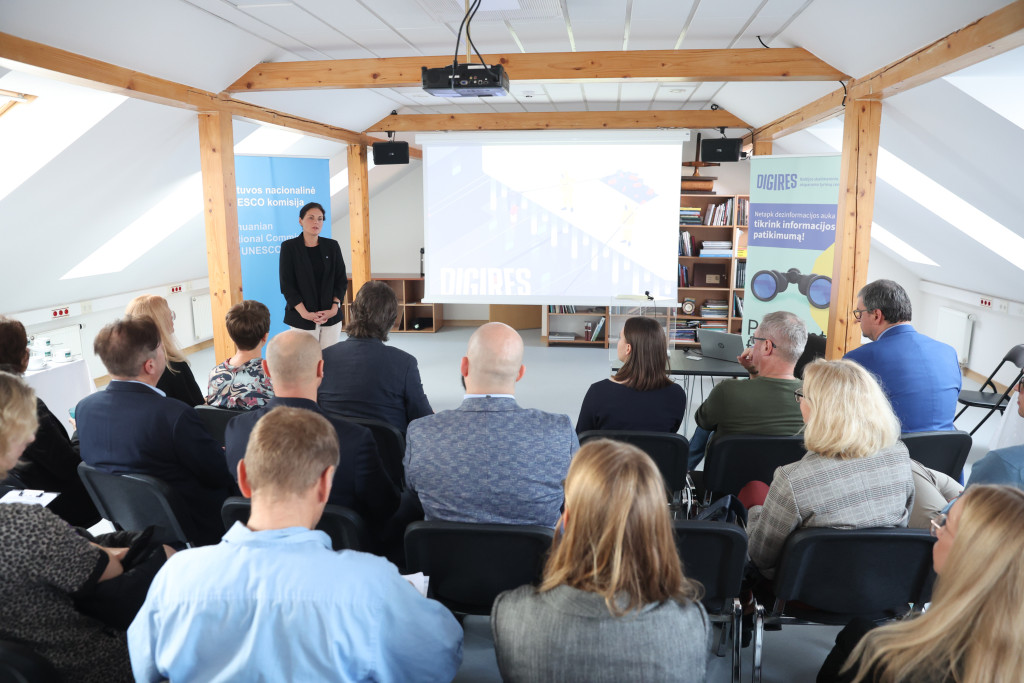
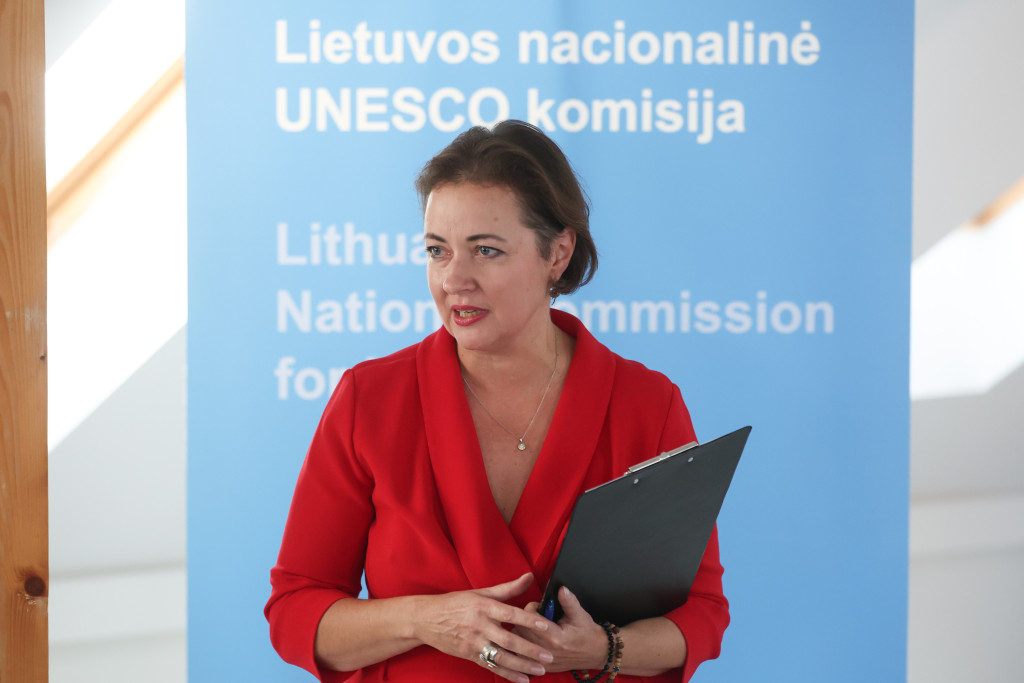
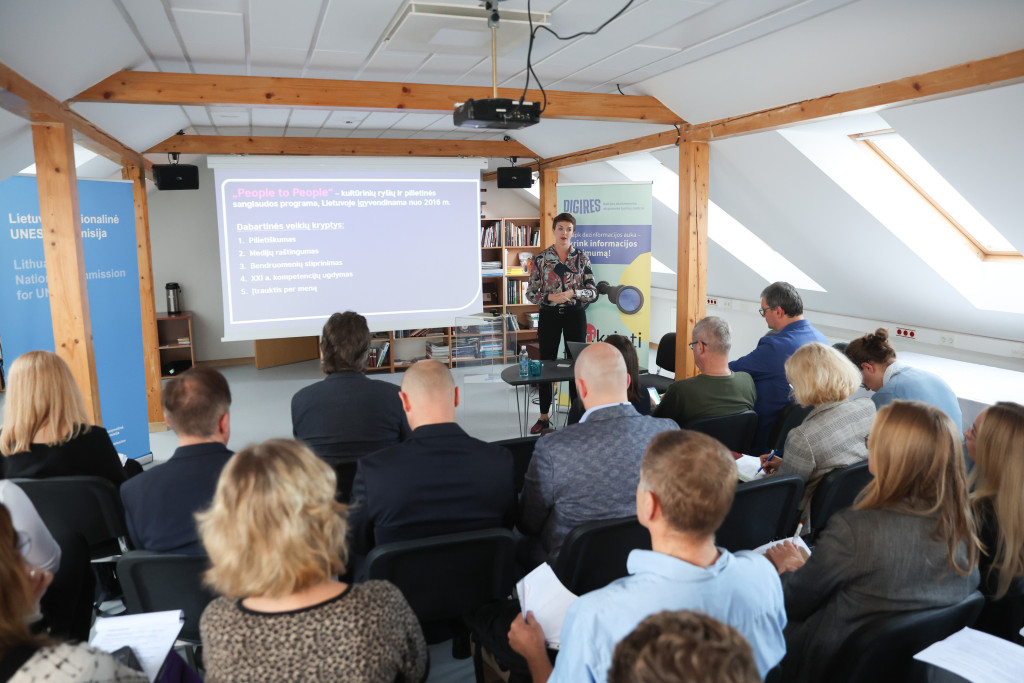
During the event, the organizations shared their experiences, plans, presented their thoughts and ideas, identified mistakes and looked for partnerships together. The scientists who participated in the event presented reports on ongoing research and shared scientific insights about society’s readiness to counter the challenges posed by disinformation.
During the general discussions, it was noticed that there is a lack of research on journalism and public behavior in Lithuania. It was also decided that such sector meetings could take place regularly. It was stated that organizations operating in the field of disinformation need such sharing of information, a broader view of the areas of activity and experience.
At the event, the Vice-Minister of Culture of the Republic of Lithuania Vygintas Gasparavičius, also Deividas Velkas, who coordinates Public Information Policy, representative of the Ministry of National Defense of the Republic of Lithuania Ramūnas Trimakas, representative of the Association of Lithuanian County Libraries, head of the Strategic Development Department of the Regional Libraries of Panevėžys County Gabrielė Petkevičaitė-Bitė Public Library Reda Revotė, presented reports and shared their thoughts.
The participants of the event listened to the speech of the news portal DELFI editor-in-chief Rasa Lukaitytė-Vnarauskienė. Head of the British Council Ona Vyšniauskaitė, head of the Knowledge Economy Forum Neda Žutautaitė, representative of Media4Change (media innovation and monitoring program) Ramunė Vilkoitytė, representative of Civil Resilience Initiative: CRI Edvardas Lukošius, and founder of Civic Resilience Center Giedrius Sakalauskas presented their ongoing activities and programs.
Scientists from Vytautas Magnus University and Vilnius University spoke at the event: co-head of UNESCO Chair on Media and Information Literacy for Inclusive Knowledge Societies, professor of Vytautas Magnus University Public Communication Department Auksė Balčytienė, professor of Vilnius University Institute of International Relations and Political Science Ainė Ramonaitė, associate professor of Vilnius University Institute of Educational Sciences Emilija Sakadolskienė, and Associate Professor of Vilnius University Faculty of Communication Dalia Bankauskaitė.
Text author – Kristina Berksun
